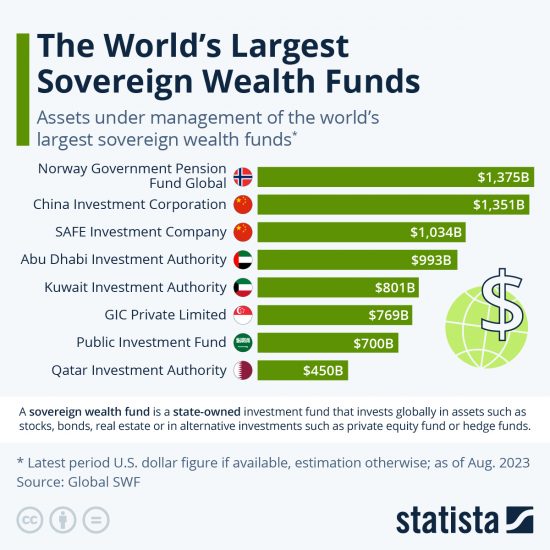|TAP Special By K Raveendran| With the fuel subsidies issue having been settled, attention now shifts to the possibilities of introducing value added tax as another option to bolster the UAE’s financial resources.
Starting August 1, 2015, special grade petrol across fuel stations in the UAE will cost Dh2.14 per litre, up 24.4 per cent from Dh1.72. The super grade will cost Dh2.25, up 22.9 per cent from Dh1.83.
The sharp fall in oil prices have forced Gulf countries, including the UAE, to look for alternatives, including direct and indirect taxes, to shore up budget resources.
VAT has already moved to the centre stage, with the GCC member states recently holding a meeting to discuss a united approach on the issue.
The Gulf countries have approached the International Monetary Fund to analyze the effect of lower oil prices on the GCC member states, with particular focus on financial stability, energy prices and tax policies. One of the major factors that influenced the introduction of fuel subsidy reform by the UAE is believed to be the IMF stand favouring such a move.
The GCC meeting is learnt to have adopted a draft VAT framework agreement that will form the basis of the GCC VAT regime. Ernst & Young sources say that each GCC member state will have its own domestic VAT law and regulations formulated around the common principles of a central VAT framework across the GCC.
Currently, there is no timetable for VAT implementation across the region and no further information available regarding the progress of discussions and the overall content of the draft VAT agreement. According to E&Y, each GCC state is at a different level of readiness for the implementation of a VAT regime, with certain countries already in an advanced stage including the resourcing of specific VAT departments that are working on administrative arrangements for the introduction of VAT at a country level.
The introduction of VAT in the GCC has been on the agenda for over a decade and the process is at a point where governments in the region have recognized that revenue flows from indirect taxation are needed to offset the impact of lower revenues flows from oil and gas exports
The suggestion that GCC member states will develop their own domestic VAT laws in accordance with a GCC framework indicates that the implementation of any VAT system in the GCC may still be some way off. According to E&Y, this is particularly so if VAT is to be implemented simultaneously across all GCC member states, as is currently understood to be the case.






![dubai flood is artificial rain behind uaes rare torrential weather[1]](https://thearabianpost.com/wp-content/uploads/2024/04/dubai-flood-is-artificial-rain-behind-uaes-rare-torrential-weather1-e1713378975696-550x550.jpg)

